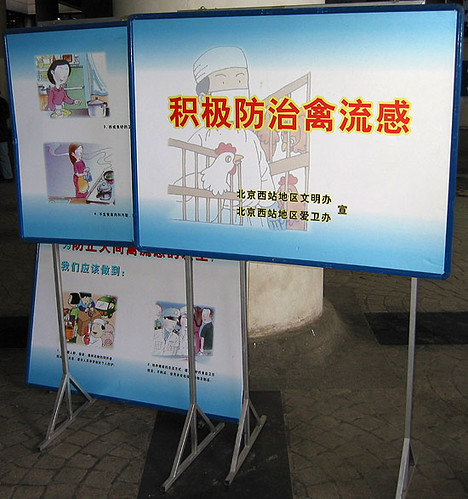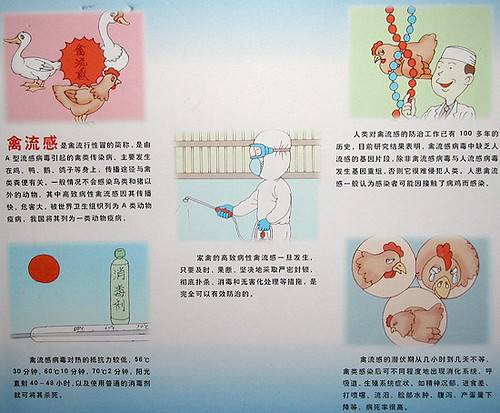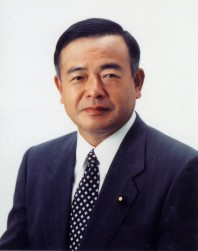For those who haven’t been keeping track of Japanese politics, a brief introduction courtesy of online Bloomberg news.
Japan’s Prime Minister Junichiro Koizumi appointed Shinzo Abe, Taro Aso and Sadakazu Tanigaki as members of his final cabinet. All three are considered favorites to succeed him when he steps down in September.
“It is essentially a three-man race” to see who can replace Koizumi next year, said Noriko Hama, professor of economics at Doshisha University in Kyoto and former chief economist at Mitsubishi Research Institute. “The posts they’ve been given do harbor risks so any mistakes could be damaging. They will certainly jostle and compete with each other.”
Earlier today, Curzon emailed us a link to this brief news item on Yahoo Japan reporting a statement that Aso made on the 17th of October, at the opening of the Kysushu National Museum
Japan is one nation, one civilization, one language, one culture, one race, none of which can be found in any other country.
This could be a surprise to the Ainu, Okinawans, Zainich Korean and Chinese minorities, and the hundreds of thousands of other foreigners legally residing in Japan, as well as the Japanese communities overseas. Come on, we have a Ninja restaurant in New York now, what more counter evidence do you need?
A couple of Aso’s other greatest hits, as translated from the Japanese Wikipedia entry by Adam:
* Claimed Koreans wished to change their names to Japanese names during colonial rule (an attempt to justify the Aso Zaibatsu’s colonial-era actions). Also claimed Japan helped spread the use of Hangul writing.
* When inaugurated as MIC Minister in 2003, made the bold prediction that office paperwork would disappear with the development of information technology and that everything would be done by magical new floppy disks in the future.
If only being this much of an idiot would disqualify him as a candidate for the Prime Ministership.



 Article 20 of the Constitution of Japan says that “freedom of religion is guaranteed to all. No religious organization shall receive any privileges from the State, nor exercise any political authority… The State and its organs shall refrain from religious education or any other religious activity.” Article 89 further states that “no public money or other property shall be expended or appropriated for the use, benefit or maintenance of any religious institution or association, or for any charitable, educational or benevolent enterprises not under the control of public authority.”
Article 20 of the Constitution of Japan says that “freedom of religion is guaranteed to all. No religious organization shall receive any privileges from the State, nor exercise any political authority… The State and its organs shall refrain from religious education or any other religious activity.” Article 89 further states that “no public money or other property shall be expended or appropriated for the use, benefit or maintenance of any religious institution or association, or for any charitable, educational or benevolent enterprises not under the control of public authority.”






